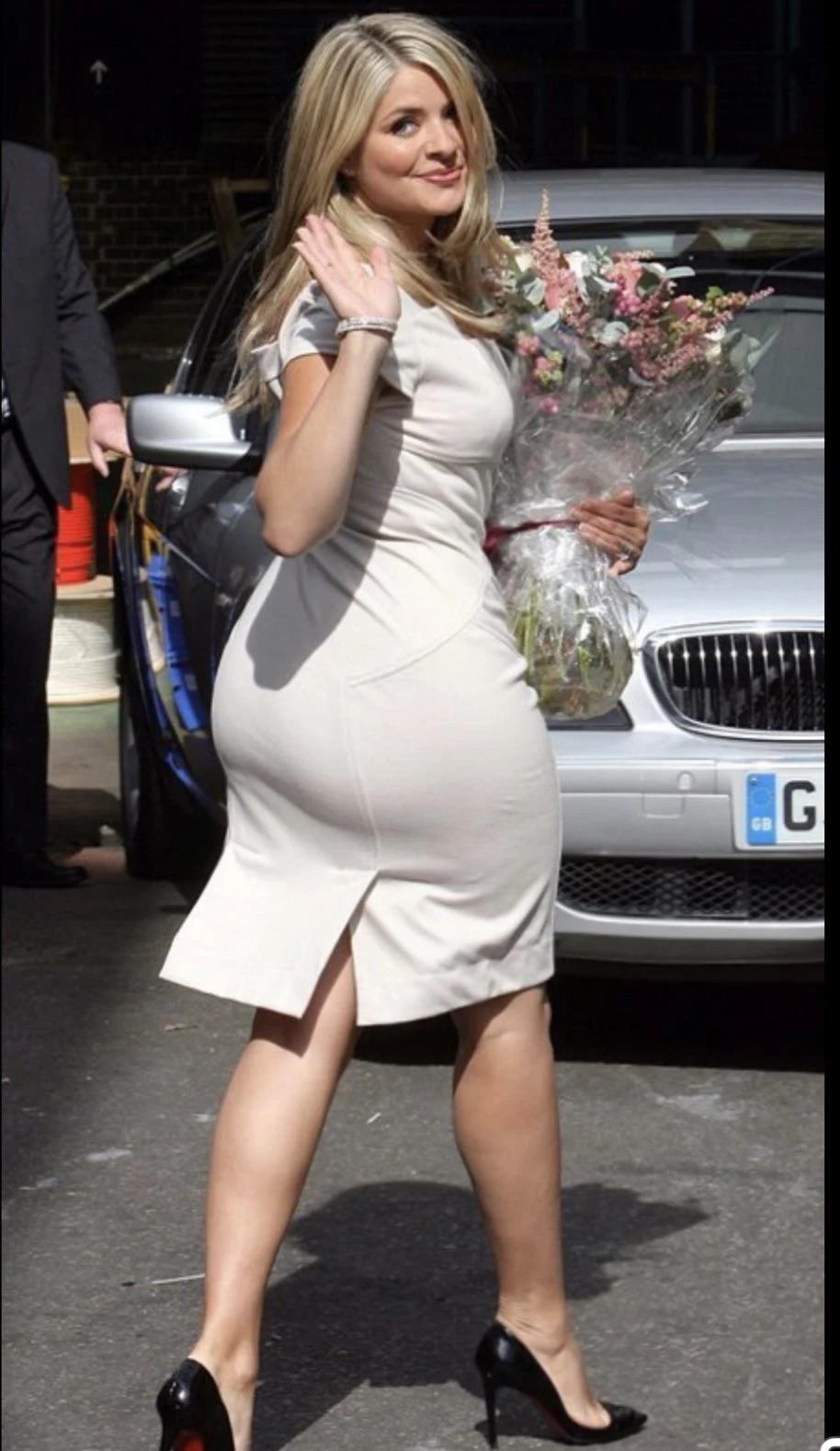If you're American, it can be hard to fully conceptualize how the country is viewed by outsiders. America is the promised land, the land of opportunity and plenty, the one location where all your dreams can come true. It's a bitch to get in, but once you're in you've hit the jackpot. Cleaning toilets in the USA is better than dodging bullets from MS13 in Mexico. As a middle-class South African, I wonder whether my life would have turned out better had I been a low-class American on foodstamps. Could I have leveraged it to a better life. The pull of the American Dream tells me yes...
Many immigrants, legal and illegal find their way into America and begin with lower-class job. The plan is to eventually climb the ladder and provide a better life for their children. It's a noble quest, and it would work if America wasn't filled with ills such as racism and police brutality. We see that in today's case which features a young man named Amadou Diallo.
This is a story that has captured my attention due to its brutality, and I'd like to share some of the details with you.
Early Life
Amadou Diallo is one of four children of Guinean descent. The male circumcision rate in Guinea is estimated to be 84.2% (https://pophealthmetrics.biomedcentral.com/articles/10.1186/s12963-016-0073-5/tables/1_), making it highly likely that Amadou is circumcised. He was born in Sinoe County in Liberia on September 2, 1975, and he followed his parents to Togo, Singapore, Thailand, and back to Guinea. Things would change for Diallo, in1996, he received an offer to start a business in the USA, NY with his cousin. Some may be thinking - rather be a mouse in my homeland than a rat in a cesspool, but Diallo did not see things that way. To him, the trip would open up opportunities for his future and career
His plans were to seek asylum once landing in the promised land, and he would falsely admit that his parents died in conflict in mauritious. It's not clear exactly how well his plan worked but by 1997, he was selling video cassettes, gloves, and socks on the sidewalk along 14th Street during the day. How many of us have had to resort to such to keep living. Most of us were born on home base.
Early Death
On February 4, 1999, Amadou was still standing next to his place of residence, completing the consumption of a meal. At about 12:40 a.m., officers Edward McMellon, Sean Carroll, Kenneth Boss, and Richard Murphy were looking for a serial rapist. Unfortunately, their search led them to cross paths with Diallo. The police pulled up on Diallo with an unarmed car, pretending to want to ask him questions. Sensing the tenseness of the situation, Diallo ran, pulling out his wallet in the process.
BANG! BANG!
One officer shot at Diallo. The other three law enforcement, believing their partner to be shot, opened fire on Diallo 41 with Diallo getting hit 14 times. Un understandably, Diallo succumbed to his injuries. Eyewitness Sherrie Elliott stated that the police continued to shoot even though Diallo was already down.
This is apparently called a "contagious shooting." Confused cops will continue firing until the supposed threat is stopped. Out of the 41 rounds fired, 19 bullets had fatally struck Diallo. When the four officers searched Diallo's dead body for a weapon, they only found a black wallet and a beeper. Realizing he had shot an unarmed civilian, Carroll cried, "Oh my God! Please don't die!"
"When you think about Amadou, you think of yourself, you think of your brother, your cousin. He could have been anyone. That night, the officers saw a black man standing on the vestibule, that it didn't take time to stop and look, give time," said Kadiatou Diallo to Newsweek. "They just stereotyped him and just killed him without any time to understand that he lived in this building. That he was not a criminal, and this is why in the depths of everything, I didn't know I was creating a movement."
Reactions to Amadialo's case
If you're ever curious about how to cure a mass movement, this is a good case study. George Floyd, Tyre Nichols, by the time these names energe there's already been a pattern of police brutality in these national. There's a conflict of interest and a lack of community involved. I listened to a story about a lady who was two shy to say no to immigrants eating her food. Imagine if that was on the streets and it was an immigrant asking to use her umbrella in the middle of the rain. We need to find common ground between natives and first-generation immigrants regarding what's expected in the USA, and the police need to learn skills of soft deescelation. Shooing a man 41 times without even seeing a gun is paranoid policing, the acts of scared people.I believe feat more than racism encouraged this attack.
Boss, Carroll, McMellon, and Murphy pleaded not guilty to second-degree murder charges to Diallo's death. The jury, which consisted of four black and eight white jurors, deliberated for three days. When the jury finally reached their final verdict, the officers were acquitted of all charges in Diallo's death. As you can imagine, this caused outrage. In response to the not guilty finding, protestors took to the streets, blocking Fifth Avenue, blocking traffic to Wall Street, and continuing towards City Hall. Seveal public figures made statements regarding the case:
Then-president Bill Clinton made his first comments about the Diallo verdict at a Democratic fundraiser in San Francisco. "I don't pretend for a moment to second-guess the jury. But I know most people in America of all races believe that if it had been a young white man in an all-white neighborhood, it probably wouldn't have happened," Clinton said.
When Newsweek asked what Diallo expects from government leaders today, she answered, "My hope is that all leaders, whether you are government leaders, or community leaders, or teachers, everyone will seize the hands that are extended from these young people. These young people are the first of this movement, let us extend our hand to them and grab their extended hands. Connect with the youth and let them be part of this question, let them be part of the work that we're doing. I am doing my part."
As a result of the terrible incident, the Street Crimes Unit was officially disbanded in 2002.
Erykah Badu's Reaction
As you can imagine, there was an outpouring of music from the Black community, but none seemed to carry the gravtas of the situation quite like she did on the song AD 2000. Erykah Badu rose to fame with her first album Baduizm, released in 1997, which earned her a Grammy award, and it is regarded as being pivotal in popularisng the neo-soul genre. However, I wish to focus more on her position as a Black mother figure within the African American community, particularly to Black men. As Marlo David points out in her analysis of Black motherhood, "Badu uses her music, visual style, and linguistic play to offer an Afrofuturistic vision of family that embraces black women's sexual autonomy and transgressive motherhood as an important part of a black collective identity that resonates in the post–Civil Rights era". Her music is noted for having a nurturing attitude towards Black men and deep concern for the plight of Black men and the social issues they face. This is seen in songs such as Times a Wastin' where Badu takes on a maternal role, warning Black men to take responsibility for their lives and keep guard in a world hostile to them, or A.D. 2000 where Badu remembers Amadou Diallo who was 22 and unarmed when he was shot 19 times by police. As seen in these instances, Badu's position as a Black mother to Black men to a large degree stems as a response to societal conditions. What is being counteracted here is the specific variety of racism directed towards Black men which criminalises, demonises, and devalues Black men. This variety of racism was amplified by the War on Drugs. At times, Badu takes her mothering of Black men to transgressive extremes, as seen with her public displays of support for villainised Black men such as R. Kelly and Bill Cosby.
[Holly-Willoughby-in-white-top-with-WYLDE-MOON-candle.jpg]
To understand Erykah Badu's performance of motherhood, it is necessary to look into the archetype of the Great Mother and how it has been represented in mythology. For this, it is useful to turn to Adrienne Rich. In her 1976 text Of Woman Born, Rich offers a feminist analysis of motherhood, noting the expectations society places on mothers and the unique problems faced by all women who are viewed in terms of their ability to conceive and serve a maternalistic purpose. The text is quite personal at times, as Rich is the mother of three sons, and she reflects on her own experiences raising her children. Far from merely being a diary, she engages in a scholarly analysis of views of motherhood throughout the ages. Citing Gertrude Rachel Levy who has authored books on comparative mythology, she suggests that among early humans, there existed a "Prepatriarchal" consciousness where the archetypal figure of the Mother represented Earth, and then came to embody the duality of birth and death because the earth is both where life emanates and where the dead are buried. These two aspects of the Mother are sometimes separated out as the Great Mother and the Terrible Mother. Hence, as Rich highlights, the Mother contains duality, and her dark deathly aspect are "inseparable from her benign, life-giving aspect" (116).
However, in patriarchal thought, argues Rich, the Great Mother has been associated with the moon and has been devalued while masculine solar deities have taken centre stage. She notes how Apollo "assimilated a number of attractive aspects of the Great Mother" (125). With the sun representing the masculine, and the moon representing the Great Mother, a kind of archetypal imagery occurs which is troubling to Rich. The sun is constant and produces its own illumination. The moon, however, is sometimes not there at all, and only glows thanks to the radiance of the sun. Within this, one could argue, a patriarchal relationship is illustrated. As Rich writes: "with the advent of solar religion, the Great Mother, in her manifold persons and expressions, begins to suffer reductions; parts of her are split off, some undergo a gender change, and henceforth woman herself will be living on patriarchal terms, under the laws of male divinities and in the light of male judgments" (125). According to Rich, this light which illuminates the moon is a dominating and judgmental one. In the year 2000, Badu released her second album, Mama's Gun. As the name might suggest, it sees her adopting the role of a maternal figure in the African American community once again. Her concern with Black males is made evident from the very first song, Penitentiary Philosophy, which as the name suggests, imagines the ways the African American community is trapped in a penitentiary both literally and metaphorically.
Here's my philosophy
Livin' in a penitentiary
Brothers all on the corner
Tryin' to make believe
Turn around ain't got no pot to pee
Make me mad when I see ya sad
Can't stand to see ya hustle doin' bad
But you can't win when your will is weak
When you're knocked on the ground
The first verse imagines Brothers standing idly on the corner, and Erykah expresses empathy for them stating "Make me mad when I see ya sad/Can't stand to see ya hustle doin' bad". However, as a Great Mother, she also attempts to uplift, and proceeds to offer advice to the Brothers, stating "But you can't win when your will is weak". On the song "Orange Moon", Erykah makes use of the same archetypal imagery of the sun and the moon to illustrate the relationship between mothers and sons. However, in Erykah's interpretation, the Great Mother serve as an antidote to the loss of dignity faced by Black men in society, and she expresses this without the minimisation of women.
To understand the myths and symbolism which Badu draws from, it is worth noting that she is part of the Five-Percent Nation, also known as the Nation of Gods and Earths, which is a Black consciousness movement and an offshoot of Islam founded by Clarence 13X who was influenced by Malcom X and Elijah Muhammad who he met while he was a member of the Nation of Islam.
The Five-Percent Nation makes use numerology, astronomy, and a complex set of symbols to encode and convey their teachings which centre on the divinity of Black people. Such a philosophy arose in the 1960s in New York, Harlem, as a response to a society rife with anti-Black racism.
Within Five-Percenter symbolism, women are represented by the moon, while children are represented by the stars. This mystical imagery is expressed in the lyrics of 'Orange Moon' where Erykah sings the following:
I'm an orange moon
I'm brighter than before
Brighter than ever before
I'm an orange moon and I shine so bright
Cause I reflect the light of my sun
I praise the day, he turned my way
And smiled at me
He gets to smile and I get to be orange
Once again, as is the case with Rich's Great Mother, Badu positions herself as the moon who glows only through the illumination of the sun. However, Badu, is not just any moon. She is an orange moon, which is a kind of moon which occurs close to the Autumnal Equinox, and it is when the moon shines the brightest which brings to mind beautiful imagery of a glowing orange moon in the night sky. However, rather than see herself in a position of oppression, she praises the day she gets to be orange. Instead of seeing patriarchy in this archetypal imagery, Badu sees harmony.
How good it is, how good it is
How good it is, how good it is
How good it is, how good it is
How good it is, how good it is
Shine so bright
He ruled the day, I ruled the night
Shine, shine, shine
The lyric "he ruled the day, I ruled the night" suggest a relationship of equality despite these differing roles. The imagery of the orange moon also highlights this harmony, as the Autumnal Equinox is when the length of the day and night are equal, giving the sun and the moon equal time to rule over the Earth. It is worth noting that it could be argued that this song is about her eldest son specifically. Her son's name is Seven, and within the Five-Percenter system of Supreme Mathematics, the number seven represents God who is also represented by the sun.
What I argue is that in addition to being a religious praise song, this song, in keeping with Badu's theme as a mother figure, serves to uplift Black men by highlighting their importance within the Black community. With Black men in America being a demographic that has faced staggering incarceration rates and police brutality, to a large degree as a result of the ongoing War on Drugs, Badu offers an alternative, uplifting view of Black men as a source of light and knowledge which illuminates the world.
Comparing Adreinne Rich and Badu, we find polar opposite reactions to the Great Mother archetype, particularly when it is represented as a moon. While Rich sees a patriarchal picture of oppression, Badu sees a beautiful system of harmony. In short, we see the same archetype finding varied expression in Black and White American communities as a result of differing cultural forces. While Rich is afraid of her sons becoming oppressors, Badu is afraid of her sons becoming oppressed.
Conclusion
I like Eryka Badu because she articulates the crux of the issue so beautiful. What would a statue for Diallo do, when therer'll just be anther black victim, causing Dialo's name to be forgotten. How many of you eve remember Diallo's name? Instead she finds an infinite home for him in the cosmos where he can enjoy bringing the beautiful light that illuminates the beauty of women (the moon). It's an image of motherhood that may seem oppressive to some, but I view it as a trauma-triggered response to the fracturing of the Black community where key figures like mother and father are typically found outside the home.
Any, I wished to dispell common views of motherhood in the Black community. Black mothers are deathly afraid of their suns becoming victims which is why they are babied well into adulthood and kept in cribs. It's not social retardation, it's a reaction to a hostile work.
Thoughts, opinions, downmarseys!


















Jump in the discussion.
No email address required.
I think u need to see a neurologist about your cognitive decline, buddy.
I just told you I am a TRUE AMERICAN PATRIOT and that means I OBEY THE GOVERNMENT and whatever a government official says to do, I COMPLY. Anyone who doesn't should be shot like the traitor they are!!!
Jump in the discussion.
No email address required.
Nah you're a foid with severe TDS and yeah being a good American involves obeying the law. Maybe if your ancestors weren't from some foreign shit hole you'd understand instead of sympathizing with the worst class of our society
Jump in the discussion.
No email address required.
Shame on you for calling government officials the worst class of our society.
You owe them your RESPECT, GRATITUDE , and COMPLETE OBEDIENCE.
Jump in the discussion.
No email address required.
More options
Context
More options
Context
More options
Context